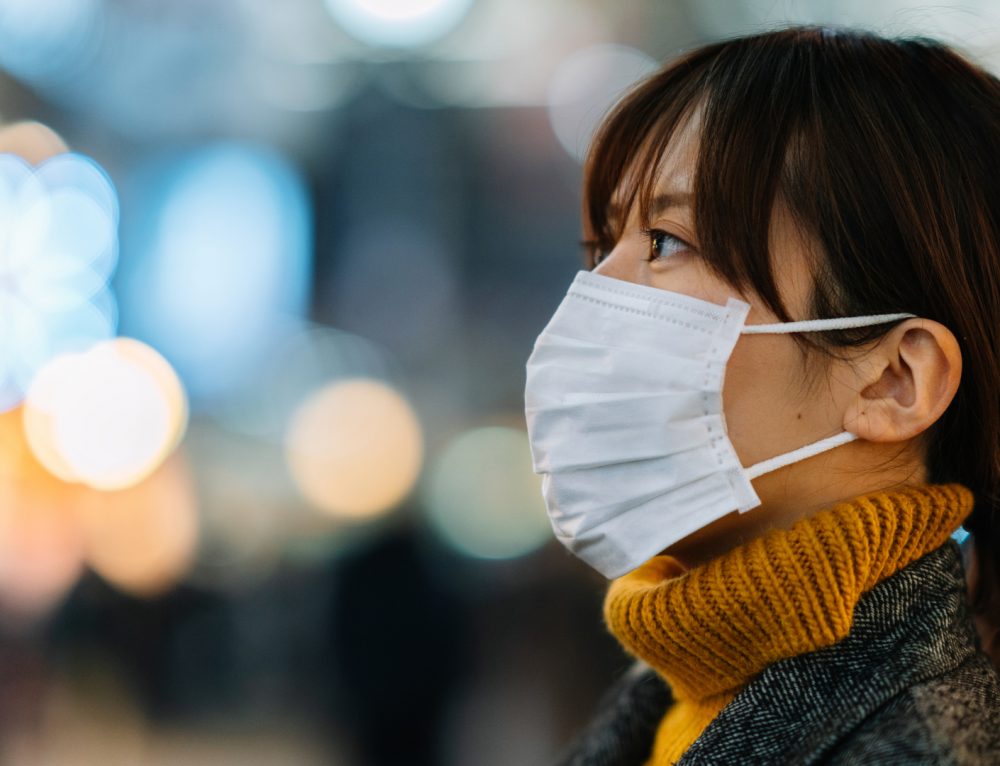The global spread of Covid-19 calls for those infected to “self-isolate” at home, but that could prove a threat to economic activity.
Original article by Work and management, Bartleby – The Economist
The pandemic threat represents a terrible dilemma for workers, some of whom could face financial hardship if they don’t turn up. The quandary is all the greater when the disease is unfamiliar, with symptoms that are often mild, at first, and resemble common ailments. And if, like a quarter of all Americans working in the private sector, employees get no paid sick leave at all, they are more likely to take the risk and attend.
In 2009, the outbreak of swine flu presented workers with a similar decision. Many Americans decided to turn up for work regardless, further spreading the infection. One study estimated that around 7m co-workers were infected as a result.
The most recent global survey of sick pay by the International Labor Organization, from 2010, showed that 145 countries provided for paid sick leave at the time. Most mandated replacement pay of around 50-75% of wages. More than 100 allowed employees to be absent for a month or more.
The fear of employers and governments is that generous benefits will be costly and create the temptation for employees to malinger.
It is true that Britain and America, which have stingy (if any) benefits, see almost no days of absence, on average. But most countries with generous benefits experience fewer than ten days a year of absence. Based on OECD data from 2017 the gap between annual days lost to sickness in France, where 50-100% of income is replaced during sick leave, and in America was a mere 4.4 days.
Other evidence does not suggest that more generous sick pay leads to extra skiving.
The Earned Sick Time Act became law in New York in 2014. A survey of 352 employers four years ago found that almost 85% had experienced no increase in costs and only 3% had suffered more than a token rise. Connecticut adopted similar legislation in 2011 in the face of opposition from business lobbies. A study of companies in 2013 found that many noted benefits such as improved morale and fewer infections in the workplace.
The problem may be that sick-pay rules are too strict for employees, not too generous.
Given the need to pay the rent, many low-paid workers may feel they have to work unless they are so sick as to be physically incapable of leaving the house. But things may be changing. In America the Democrats have long proposed statutory sick leave. President Donald Trump is now talking about emergency relief for sick workers.
Countering pandemics requires all sorts of public action, from forging new social norms to devising vaccines that authorities have the duty to supply. Ensuring that workers do not have a financial incentive to spread disease is another example.
That requires governments to guarantee a decent level of sick pay, and rules on sick leave that do not punish responsible citizens.












